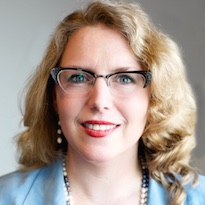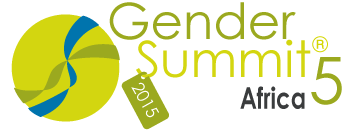Ylann Schemm (GS5A)

Program Director, Elsevier Foundation, USA.
Publishers Without Borders: Promoting Indigenous Authors (download presentation here![]() )
)
Topic G: Building Africa’s scientific human capital
Ylann Schemm (@ylannschemm) heads Elsevier's corporate responsibility program, which focuses on advancing women in science and developing research access in the developing world. She serves as the Program Director of the Elsevier Foundation's New Scholars program, which supports projects to help early- to mid-career women scientists balance family responsibilities with demanding academic careers, addressing the attrition of talented women scientists as well as the specific challenges faced by women scientists in low and middle income countries.
She also runs the Elsevier Foundation’s Innovative Libraries in Developing Countries program, which enables research capacity-building projects in science, technology and medicine, a majority of which in Africa. In 2014, she worked with nonprofits VSO and INASP to launch the Foundation’s newest program in Tanzania, “Publishers without Borders” which aims to strengthen the Tanzanian publishing ecosystem through skills based volunteering with Elsevier publishers. Ylann is the chair of the Communications taskforce for Research4Life, a UN-pan publisher access program working to bridge the digital research divide.
"The Gender Summit is really unique--it's a critical catalyzer. It informs new policies and funding frameworks while bringing together interdisciplinary thought leaders to bridge issues of research, policy and implementation. Elsevier has been very proud to be a part of this dialogue from the beginning. The African Gender Summit promises to convene a powerful mix of gender, development and Africa experts to tackle the theme of development through research. Each Gender Summit has a unique geopolitical focus but the burning questions remain how best to fix the numbers to reach gender equity, how to fix the institutions with family friendly policies and increasingly, how to fix the knowledge by bringing gender itself into the heart of research and innovation. I believe we have the Gender Summits to thank for mainstreaming an understanding of how gender dimension leads to more robust research.In short, the title of the Summit says it all— Better Knowledge From and For Africa—and we are proud to be a part of this important convening."
